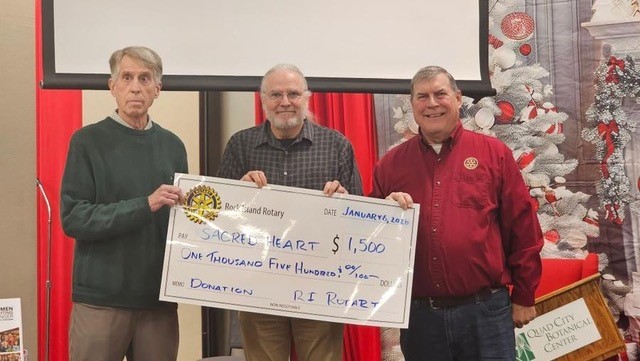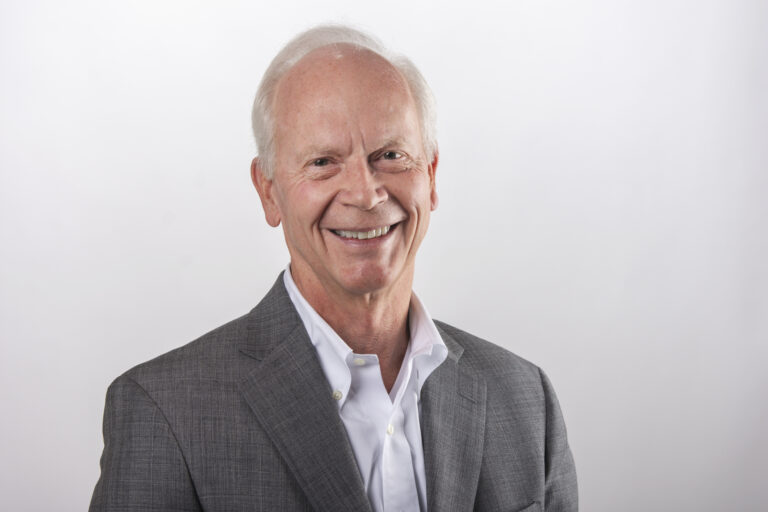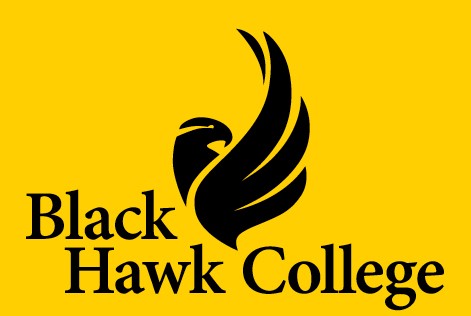Journalists from around the world bring Perspectives to Muscatine
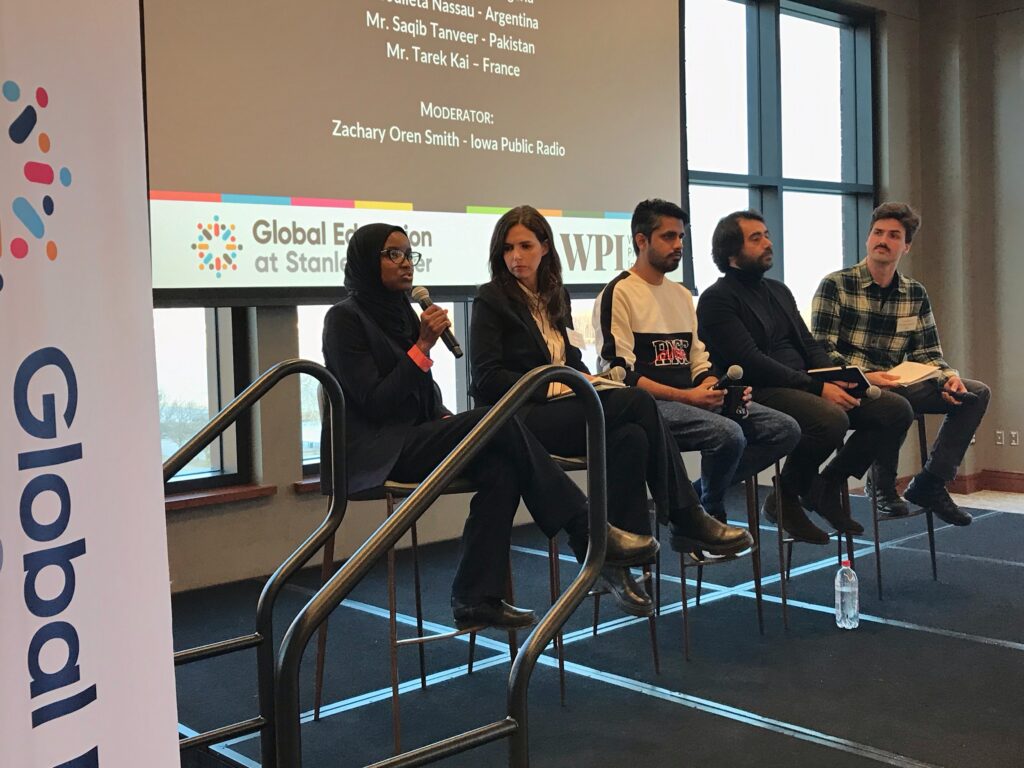
A panel of WPI 2023 Journalism Fellows met in Muscatine to discuss universal challenges faced by journalists around the world From left are: Fauziyya Tukur, British Broadcasting Corporation (BBC) in Abuja, Nigeria; Julieta Nassau, La Nación newspaper in Buenos Aires, Argentina; Saqib Tanveer, Independent Urdu newspaper in Islamabad, Pakistan; Tarek Kai, France 24 News TV in Paris; and the event’s moderator Zachary Oren Smith of Iowa Public Radio. CREDIT JIM ELIAS
MUSCATINE, Iowa – During the summer of 1854, one of the world’s most famous American writers, Samuel Clemens aka Mark Twain, worked as a newspaper correspondent for the Muscatine Journal. This week, 10 international journalists visited here to share their perspectives on the challenges faced in journalism around the world.
The group, who are the 2023 journalism fellows of the World Press Institute (WPI), were on…
Want to Read More?
Get immediate, unlimited access to all subscriber content and much more.
Learn more in our subscriber FAQ.
Do you want to read and share this article without a paywall?


